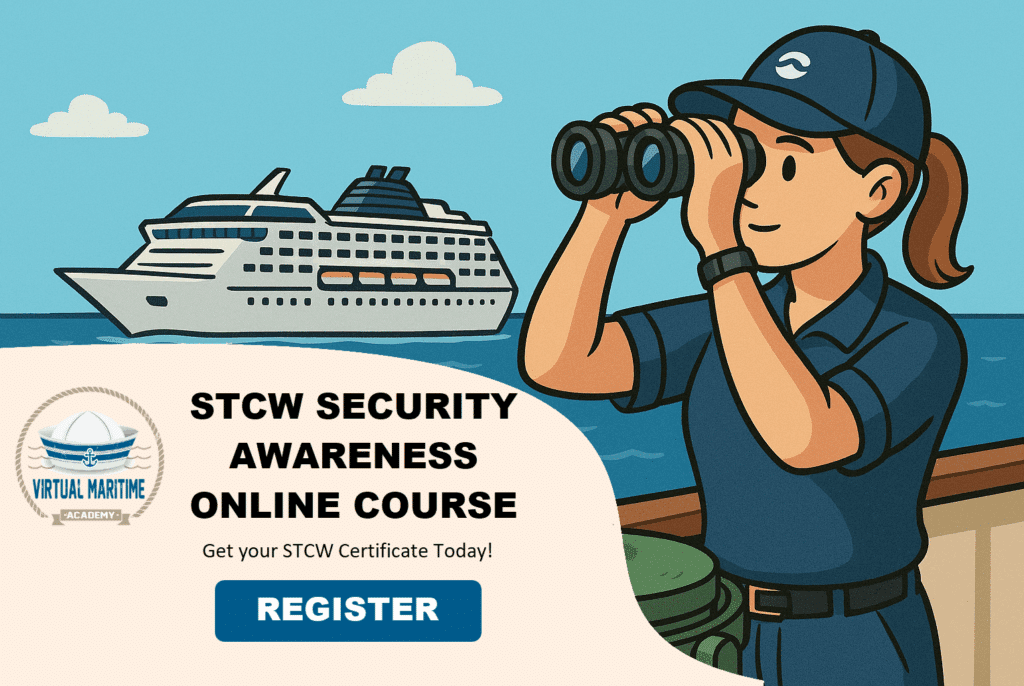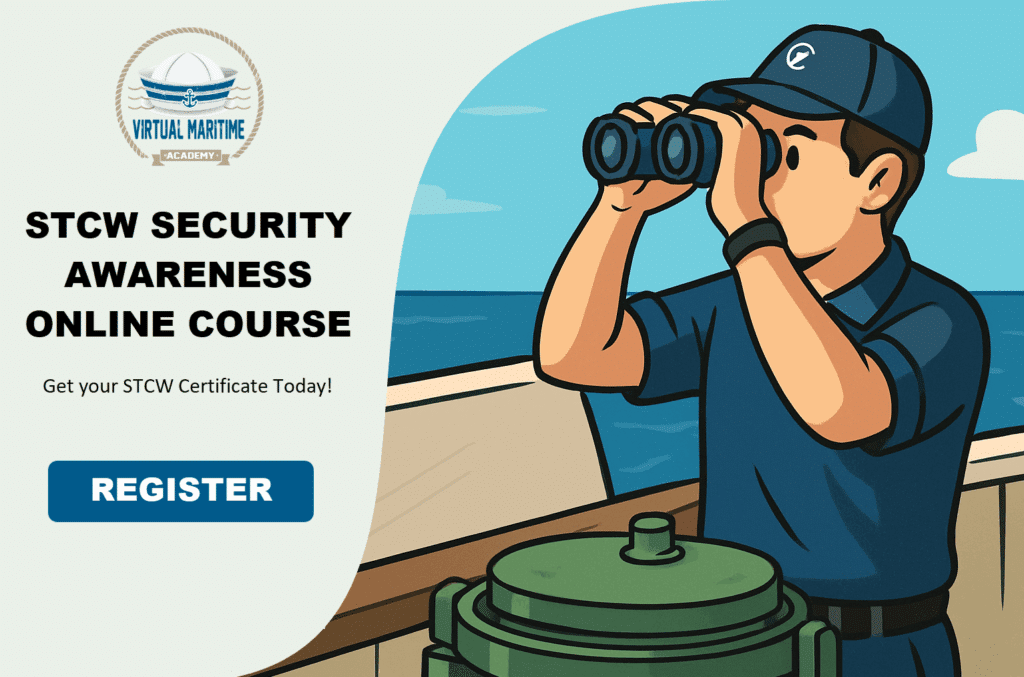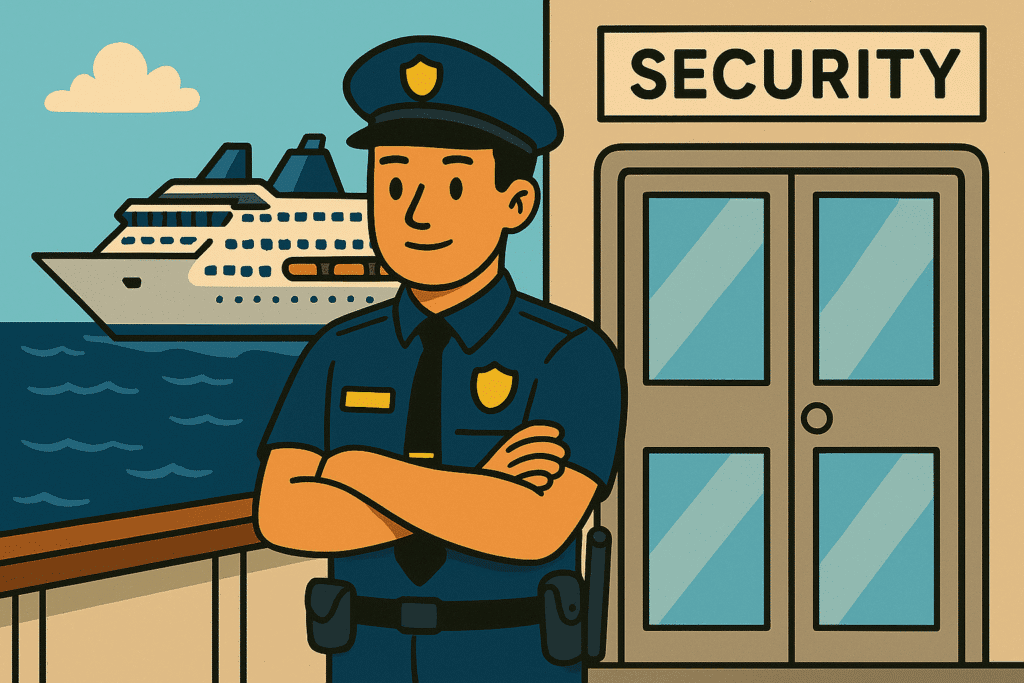The International Maritime Organization (IMO) is a specialized agency of the United Nations responsible for regulating shipping. Established in 1948, the IMO plays a critical role in ensuring the security and safety of international maritime shipping, addressing issues ranging from piracy and armed robbery to the prevention of marine pollution and the protection of seafarers.
Establishing a Legal Framework
One of the IMO’s primary functions in enhancing maritime security is the creation and implementation of a comprehensive legal framework. This framework is embodied in several key conventions and regulations:
- International Convention for the Safety of Life at Sea (SOLAS): Initially adopted in 1914, SOLAS has been revised many times to incorporate updated safety standards. The International Ship and Port Facility Security (ISPS) Code is an essential part of the SOLAS convention, providing guidelines and procedures to enhance the security of ships and port facilities.
- Suppression of Unlawful Acts (SUA) Convention: Adopted in 1988, the SUA Convention aims to prevent unlawful acts against the safety of maritime navigation, including acts of terrorism. The SUA Protocols of 2005 further expanded the convention to address issues such as the transportation of weapons of mass destruction by sea.
- International Maritime Dangerous Goods (IMDG) Code: This code regulates the transport of hazardous materials to prevent potential security threats originating from dangerous goods.
Combatting Piracy and Armed Robbery
Piracy and armed robbery against ships are significant threats to maritime security. The IMO has been proactive in combating these threats through both regional and international initiatives:
- Djibouti Code of Conduct: This agreement involves nations in the East African and Gulf of Aden regions working together to combat piracy and armed robbery against ships.
- West and Central Africa: The IMO is similarly involved in efforts to combat piracy in the Gulf of Guinea through the Yaoundé Code of Conduct.
These initiatives involve setting up information-sharing centers, conducting joint patrols, and capacity-building programs to enhance the ability of states to effectively police their territorial waters.
Addressing Cybersecurity Threats
The advent of digital technology has brought new challenges to maritime security, especially concerning cybersecurity threats. The IMO has recognized the importance of safeguarding maritime operations from cyber-attacks. The 2017 Resolution MSC.428(98) mandates that cyber risks should be addressed in safety management systems as part of the International Safety Management (ISM) Code. This resolution obliges shipping companies to include procedures for identifying and mitigating cyber risks in their safety management systems from January 1, 2021, onwards.
Environmental Security
Environmental protection is also a crucial aspect of maritime security. The IMO’s Marine Environment Protection Committee (MEPC) oversees regulations aimed at preventing marine pollution by ships, such as:
- MARPOL Convention: The International Convention for the Prevention of Pollution from Ships (MARPOL) covers pollution by oil, chemicals, harmful substances, sewage, garbage, and air pollution.
- Ballast Water Management (BWM) Convention: This convention aims to prevent the spread of harmful aquatic organisms through ships’ ballast water.
By enforcing these regulations, the IMO helps to maintain the health of the world’s oceans, thereby contributing to overall maritime security.
Ensuring Crew Welfare
The safety and welfare of seafarers are pivotal to maritime security. The IMO collaborates with the International Labour Organization (ILO) to enforce regulations that safeguard the rights and welfare of seafarers:
- Maritime Labour Convention (MLC) 2006: Often referred to as the “Seafarers’ Bill of Rights,” this convention sets minimum requirements for seafarers to work on ships, including regulations on working conditions, health, and safety.
Ensuring that seafarers work in a safe and fair environment reduces the likelihood of human error and operational mishaps, thereby enhancing maritime security.
Capacity Building and Technical Assistance
The IMO offers capacity building and technical assistance to member countries, particularly developing nations. These initiatives include training programs, workshops, and seminars designed to improve maritime governance and security capabilities. By fostering international cooperation and enhancing the capabilities of member states, the IMO helps to create a more secure global maritime environment.
In summary, the IMO is indispensable in fostering a secure maritime environment through its comprehensive legal framework, efforts to combat piracy, focus on cybersecurity, environmental protection measures, crew welfare regulations, and capacity-building initiatives. These efforts collectively ensure the safe and efficient operation of the global maritime industry.











